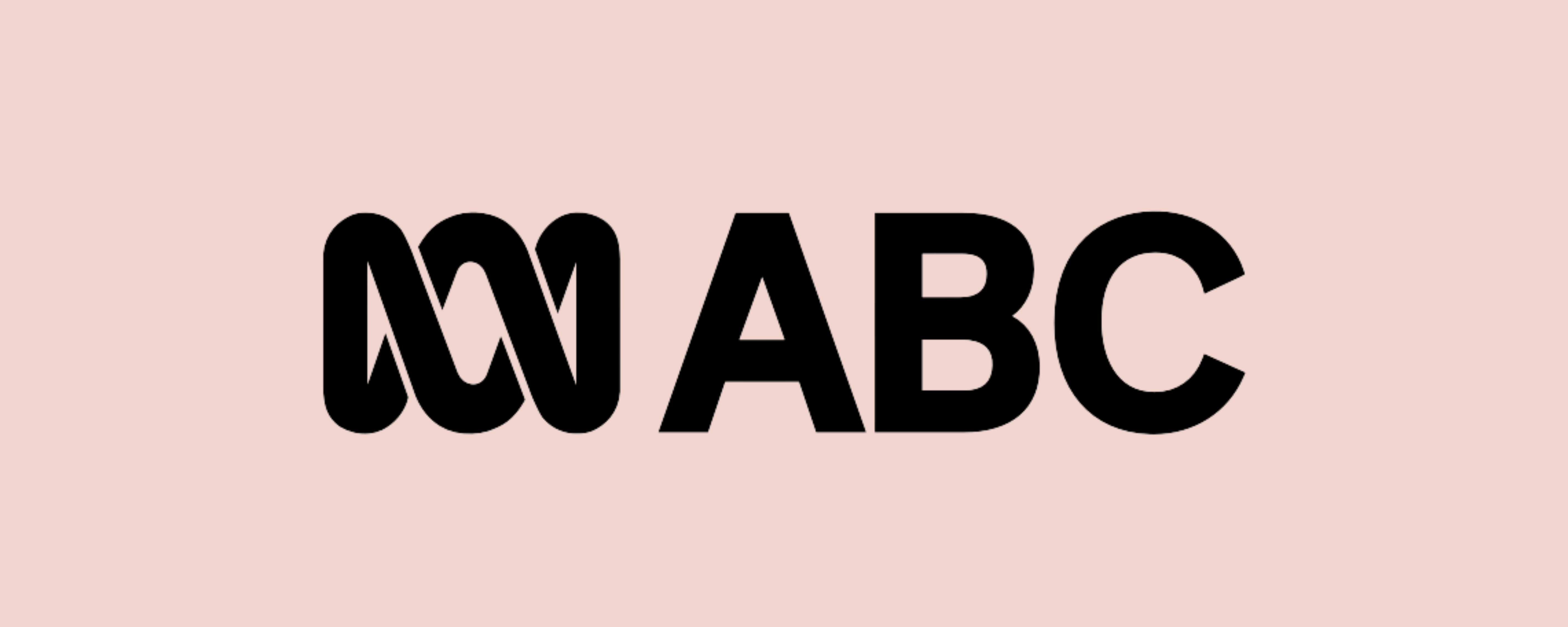Postnatal depression and anxiety - Bringing new life into the world is often presented as a joyful, loved-filled experience. But if you’re feeling worried, experiencing abrupt mood swings, severe fatigue or just not feeling yourself, you’re not alone.

In fact, a recent study by Perinatal Anxiety and Depression Australia (PANDA) has revealed that 1 in 7 new mamas experience postnatal depression (PND) and postnatal anxiety (PNA).
There can be feelings of shame and secrecy around feeling low or anxious as a new mama, which can cause many of us to suffer in silence. However, no matter how mild or severe your experience of anxiety or depression is, your feelings are completely valid (and support is always there).
Jade Tolhurst is an inspiring and resilient perinatal mental health advocate. Jade has created an online space for mamas to share their own stories and experiences with perinatal mental health.
In this blog, Jade shares her own experience of postnatal anxiety and depression as well as her words of support for mamas navigating this experience, too.
What is postnatal depression and anxiety?
Feeling a whole range of emotions is common as a new mama, especially since our hormones are adjusting post-birth. This might include feelings of worry, stress, panic, shame, guilt or anything in between.
However, there is a difference between a passing feeling of worry and a sustained feeling of overwhelm, dread and anxiety.
Postnatal anxiety is when feelings of anxiety or distress are persistent (usually longer than two weeks) and interfere with your ability to care for yourself or your baby. Plus, you may struggle to find joy or fulfillment in this new phase of your life as a mama, too.
Some of the symptoms of postnatal anxiety can include:
- Feeling anxious, irritable, ‘on-edge’ or overwhelmed
- Avoidance, restlessness, and difficulty sleeping
- Worry or concern for safety about self or others
- Obsessive or intrusive thoughts or thoughts about the worst case scenario
When it comes to postpartum depression, this tends to present in the weeks and months after birth and can grow slowly over time.
Some of the symptoms of postnatal depression can include:
- Shame, guilt, exhaustion and feelings of being a failure
- Lack of interest or pleasure in things you normally enjoy
- Withdrawal, lack of motivation or inability to cope with your daily routine
- Wanting to run away or escape
- Fear of being rejected by your partner or baby
Jade’s experience of postnatal anxiety and depression

For Jade, her experience of postnatal anxiety and depression came as a slow realisation that took her by surprise.
“It took me six months to realise that I had it. I think there’s this misconception that depression would be crying all the time or not being able to function,” explains Jade. “I was still getting up every day and doing everything for my son.”
Jade also shares that many new mamas can find it difficult to distinguish between being tired and an experience such as anxiety or depression. “Most new mums experience sleep deprivation. I think that the feelings you have when you're sleep deprived are very similar to depression and anxiety.”
Opening up about her own mental health concerns wasn’t always easy at first. “I didn't have anyone around me who openly spoke about their mental health, but I found out afterwards through talking about it that many people I knew had it, too,” tells Jade.
As a new mama navigating through this experience during lockdowns, Jade sought support online. “I started an Instagram group to connect with other people that were going through the same thing.”
“I wasn't expecting so many people to feel the same,” reveals Jade. “But it was also nice that we could come together and share our experiences without feeling judged.”
Unfortunately, Jade’s original Instagram account was hacked in early December 2021. But, she is in the process of rebuilding her community at @postpartum.jade, and has re-shared the 50+ raw, honest stories shared by real mamas across Australia.
Jade’s words of support for mamas navigating anxiety or depression
As a brave and resilient mama, Jade has plenty of practical advice to share with new mamas (or mamas-to-be).
“If you're pregnant and wanting to set yourself up really well, definitely have that support network,” explains Jade. “The truth is you really do need people that you can ask for help, whether that’s family or friends.”
If you’re currently looking for support, Jade shares that there are plenty of practical resources online to help mamas out.
PANDA offers a range of practical checklists to help expecting and new parents check-in with their mental health and find the right support for them. The Gidget Foundation also offers a range of support services from Telehealth programs to online support groups and more.
“I was scared to make that phone call,” reveals Jade. “But connecting with other people and seeking support is really important.”
If you or someone you know is in need, support is always available. Call Beyond Blue’s 24/7 support line on 1300 22 4636 or Lifeline’s 24/7 support service on 13 11 14.
Other useful articles from Lactamo's The Circle, highlighting breastfeeding support and resources:






